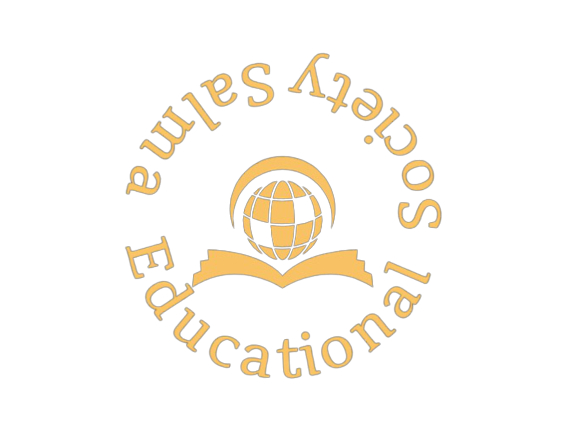The China-Pakistan Economic Corridor: A Review of Strategies and Policies for the Economic and Trade Development of Pakistan
DOI:
https://doi.org/10.58661/ijsse.v4i2.280Keywords:
Strategies and Policies, Economic and Trade, Exports and DevelopmentAbstract
The aim of this study was to examine the Pakistan's economic growth and regional trade strategies and policies in the CPEC’s perspective, a regional integrated trade and industrial plan, is the aim of this study. It is necessary to manage resources properly, which the policies alone can guarantee. The primary tool for manipulation in the use of these resources is policy. The objective of this research project is to examine the competence and inadequacy of relevant government institutions in designing policies, considering their appropriate implications and impact on exports, as well as their direct involvement in the trade flow process. For a long time, Pakistan has been pursuing sustainable development and trade. Different policies may exist in different nations and areas. The government is heavily involved in the formulation and execution of trade policies, which is why trade organizations also have an impact on them. Pakistan has the chance to embrace a new development paradigm thanks to the flagship project of the One Belt One Road initiative, CPEC. Only when society and the economy are freed via gradual changes in policy can CPEC be fully realized. In this study, the qualitative research method was used. Interviews with industrialists, exporters, and trade experts located in Karachi, Pakistan were conducted in order to collect the information. Cross-analysis of government agencies and organizations was made possible by the availability of television interviews with industrialists and trade association representatives. This study examines the policies and initiatives that the Pakistani government has chosen. The results obtained indicate that the policy makers in Pakistan have taken inconsistent, random, and misguided actions.









